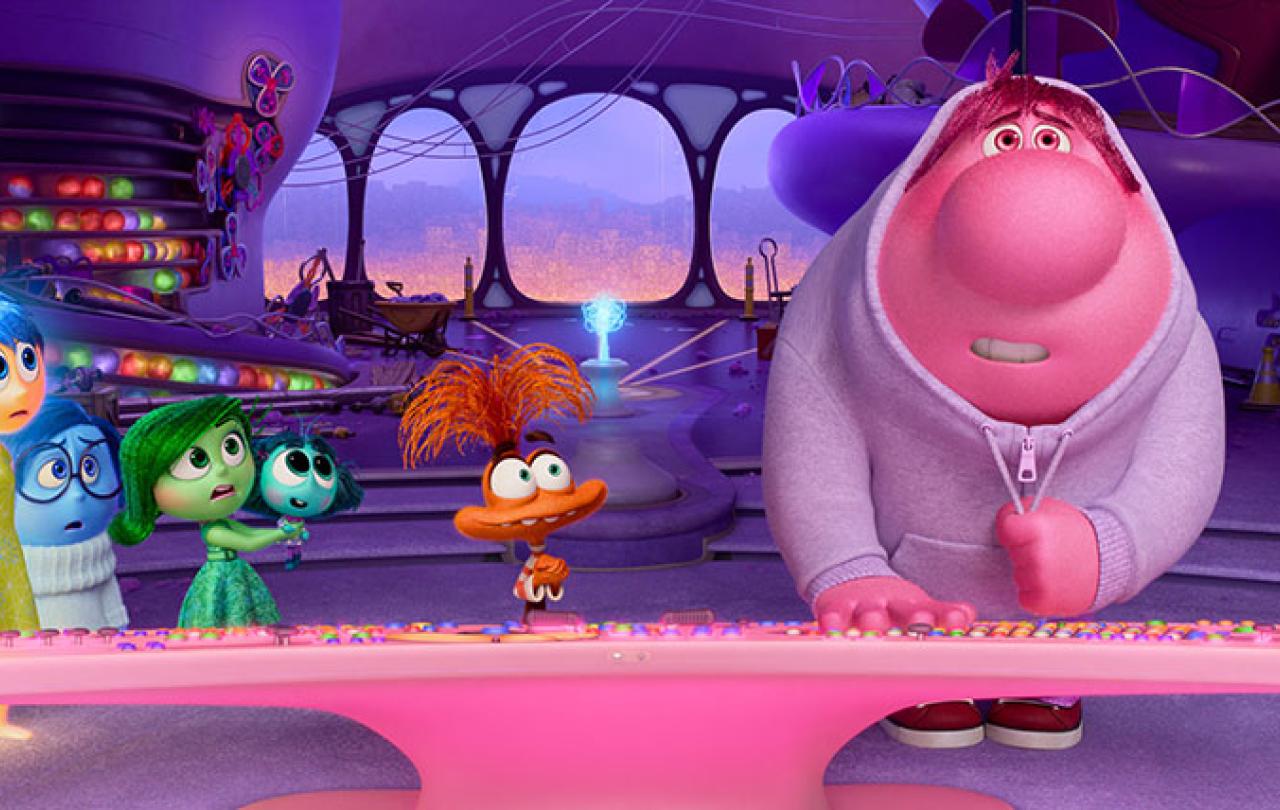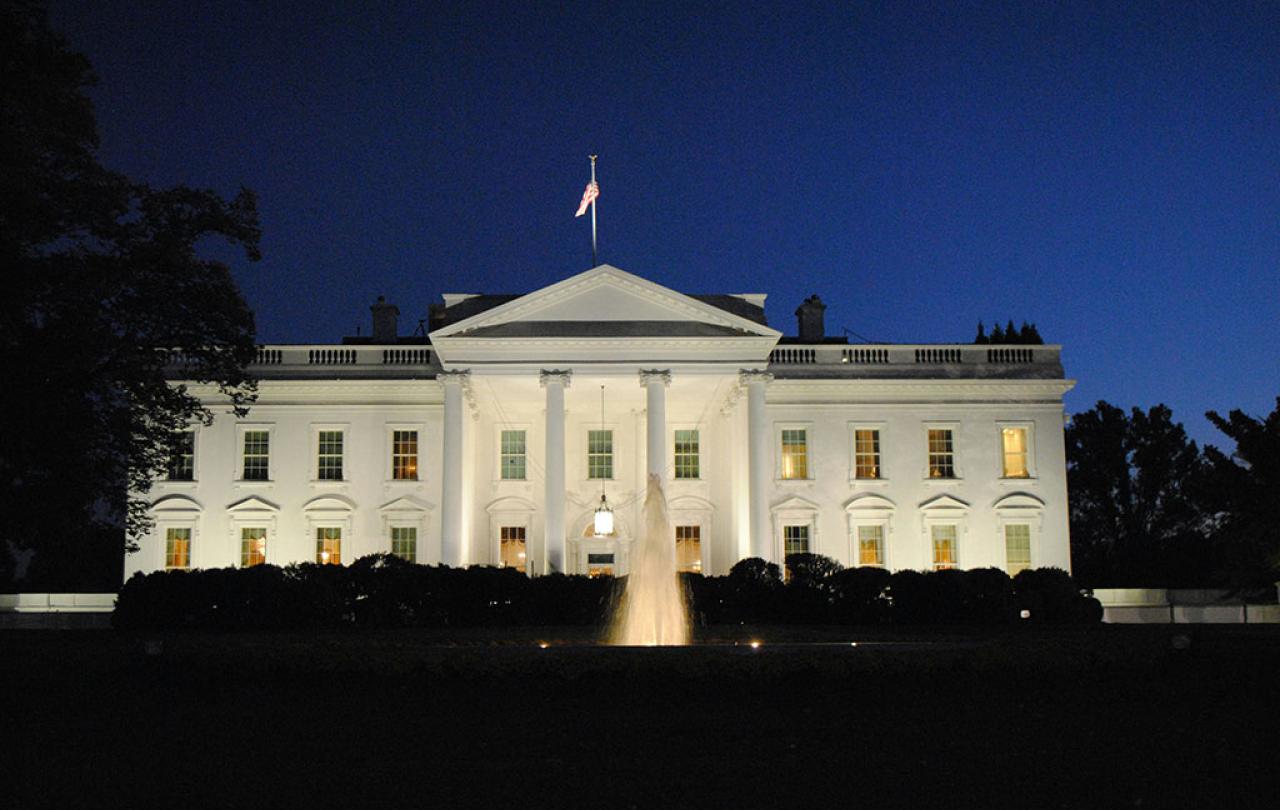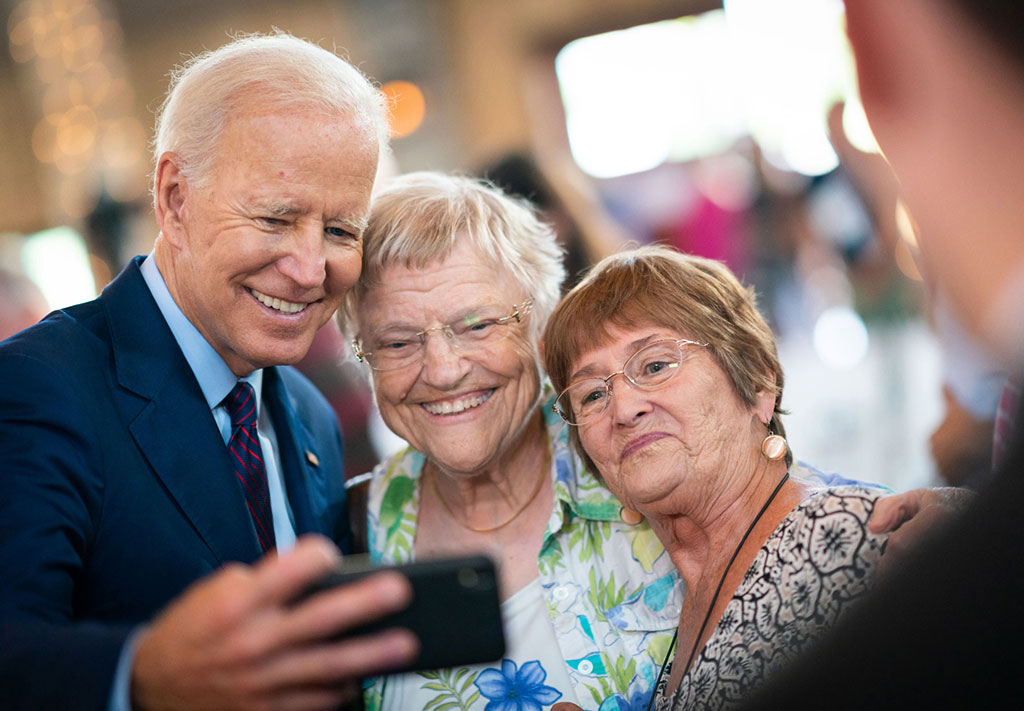
Once upon a time a man got angry. Then he got angry at himself for the fact that he got angry, which of course didn’t help. As the Buddhist monk Thich Nhat Hanh would say, “If we become angry at our anger, then we will have two angers at the same time.” Similarly, there was an occasion when he got really nervous that he might make a mess of giving a speech, and his nerves became so overwhelming that he delivered the speech badly. A self-fulfilling prophecy, one might say.
These are not my examples; they are examples given by psychologist Richard Schwartz in his introduction to Internal Family Systems (IFS). This therapy (sometimes also called “parts therapy”) is a form of self-analysis in which participants learn to resist supressing or controlling their difficult thoughts or emotions, the different “parts” of their inner world, and instead adopt a posture of curiosity towards each of them. This posture allows people to be in a beneficial relationship to their emotional lives, rather than being ruled by them.
Fundamentally, the relationship that emerges is one of compassion, understanding that our thoughts and emotions have a job to do, even the uncomfortable or shameful ones. So, anxiety, for example, guards us from committing social faux pas, whilst joy helps us to keep hold of a sense that life is ultimately worth the living, no matter how hard things get. Even sadness and grief, as much as we fear being overtaken by such emotions, have an important role to play, for example by helping us to define what things and people are most valuable and important to us.
For those who haven’t seen the Inside Out films, the writers cleverly take this idea of the “internal family” of emotions and create five relatable characters that embody them – Joy, Fear, Sadness, Anger and Disgust. In the first film, we see how these characters interact inside the head of a little girl called Riley. They are helping her to hang on to her sense of self despite the upheaval she experiences in her outside world, when her family relocate to a new city, and she must settle in to a new home and school. In the sequel, we rejoin Riley as she enters the turmoil of puberty, and the five initial characters are abruptly forced to work alongside some new arrivals – the “teenage” crew of emotions: Anxiety, Ennui, Envy, and… the biggie… Embarrassment.
This Self is transpersonal – it exceeds the boundaries of who we each are as an individual person and connects us to something large.
When he first developed IFS in the 1980s, Richard Schwartz was, by his own confession, a committed atheist, with what he describes as “a distain for religion”. Schwartz writes of the frustration he felt at that time when several Christians got excited about IFS in its early stages of development. His peer, Robert Harris, even went so far as to publish a book that set out a Christian version of the therapy. Initially, Schwartz felt the biggie – embarrassment – that his therapy was being taken up by Christians. However, as time went on, and as much as Schwartz tried to push aside the spiritual dimension of IFS, he increasingly found that spirituality could not be eliminated from the picture:
“As I used the model with clients through the eighties and nineties, increasingly they began having what can only be described as spiritual experiences. These vicarious encounters with the mystical profoundly affected my own spirituality and I became interested in Buddhism, Hinduism, Taoism, shamanism, Kabala – everything but Christianity.”
Over time, Schwartz’s antipathy to the relationship between IFS and Christianity began to wane. He saw how much he had been working on the basis of prejudice, limiting his own exploration of Christian ideas in response to some unhelpful encounters he’d had with a few heavy-handed fundamentalists. He made deliberate moves to engage with Christian dialogue partners across the breadth of the tradition and began to see how congruent IFS was with the teaching of Jesus. The posture of curious compassion towards oppressive and uncomfortable emotions that Schwartz was encouraging his clients to adopt was mirrored perfectly in the attitude that Jesus advocated towards “enemies” in the outside world: do not judge, instead seek to engage them with kindness, and work towards their healing.
In recent decades, Schwartz has come to rethink IFS as an integration of psychology and spirituality, rather than as a form of psychotherapy. He speaks of “spirituality” as an innate essence at the core of each person, which he calls the “Self”, and acknowledges that many of his more religious students prefer to think of this essence as “the soul” or “Atman” (the eternal self within Hinduism). And, whilst he still describes himself as fundamentally agnostic and is wary of making his own definitive religious commitments, he has come to agree that this Self is transpersonal – it exceeds the boundaries of who we each are as an individual person and connects us to something larger.
Screenwriting for a popular audience of all-faiths-and-none, it is perhaps unsurprising that the makers of Inside Out have thus far eschewed the deep and fascinating spirituality of IFS. Riley’s “sense of self” is at the centre of both films, but the way it is depicted implies that it is something that only comes into being at birth and exists entirely to regulate Riley’s engagement with the outside world. So far, there has been no exploration of more existential questions such as faith and eternity. However, the concept of the film is so brilliant, and for a complex idea it is so well executed, that I am sure we can look forward to many more Inside Out films to come. If that is the case, then just as Schwartz found himself going on an unexpected journey of spiritual exploration, the writers of Riley’s may well find themselves doing the same. I, for one, look forward to finding out what Riley discovers.






